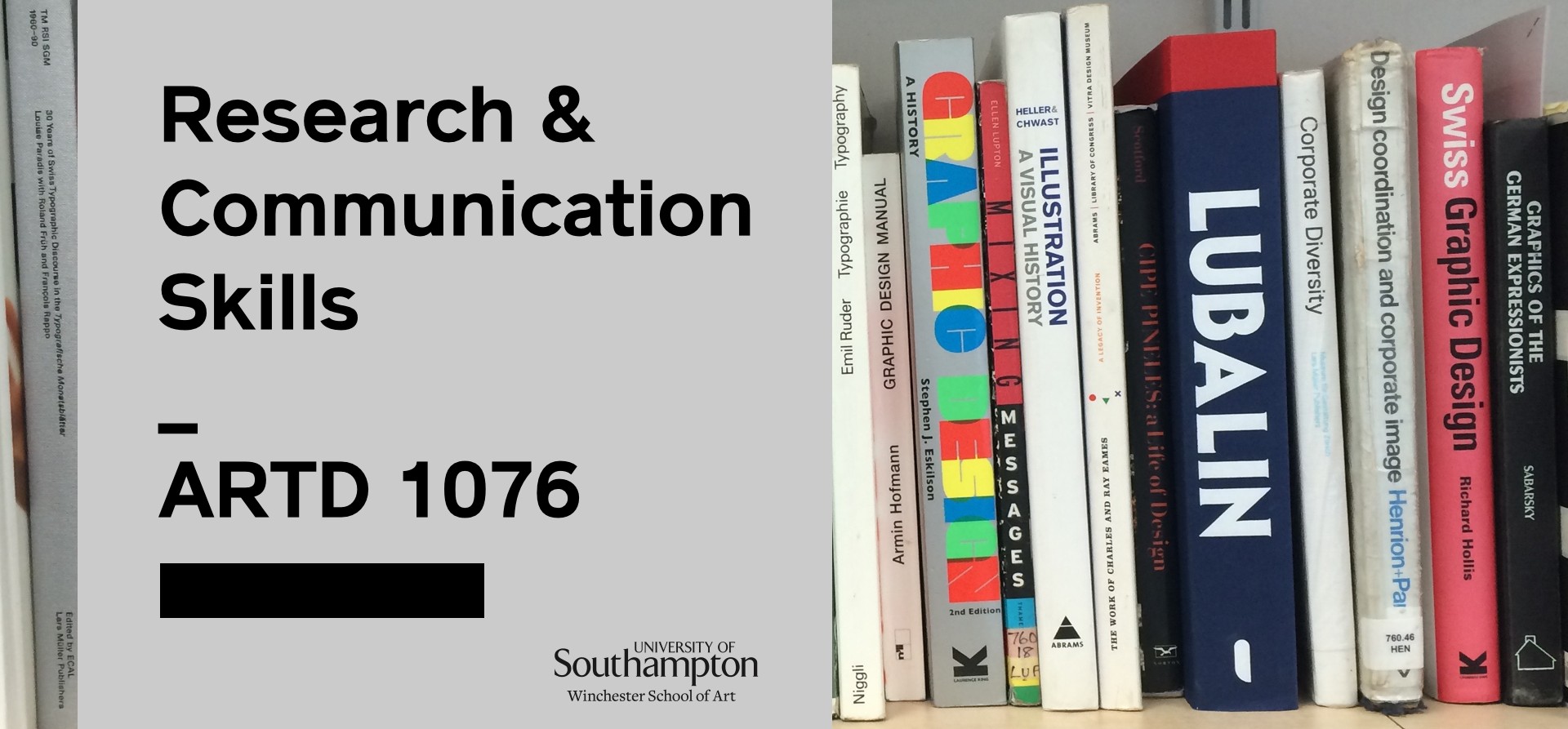Authenticity
The ability to be truly authentic is perceived rather than presented, as almost all actions are subjective it is difficult to dictate what something is or isn’t and authenticity is no stranger to this way of thinking “Authenticity” picks up meanings that range from originality to legitimacy, from a sense of generative or instigating force to a quality of genuineness.” (Sherry 2007).
Authenticity is a paradox, as work made by someone is their own authentic self-presented whether that’s a conscious decision or purely sub-conscious both actions and pieces are authentic to the creator. In today’s world of social media and constant pressure to be original and authentic the irony is held in how similar styles have become for those striving for ‘true authenticity’ “… we need to interpret aesthetic processes with the same lens because we infer similar social anxieties, and economic pressures and political needs are brought to bear on these processes in any period.” (Leach 2009), a better pursuit would be to be influential or honest when presenting work, in these confident and risky gestures can authenticity in a new mould be found.
Modernism and contemporary practise argue on multiple levels and can both harmonise and distract each other, however it is debatable as to how post-modernism has developed so that it can work to develop contemporary practise so that the more traditional ideals behind modernism can be brought forward in a more contemporary manner.
References
Sherry, V. (2007) Project MUSE [online] Available from: https://muse.jhu.edu/article/222318 [Accessed: 28 October 2017]
Leach,R. (2009) Consuming Traditions [online] Available from: https://www.timeshighereducation.com/books/consuming-traditions-modernity-modernism-and-the-commodified-authentic/407859.article\ [Accessed: 27 October 2017}
